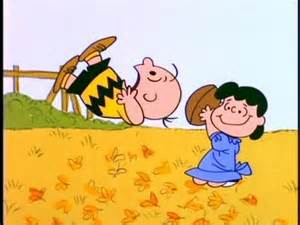The Foundation of Self-Regard
While it’s interesting to ask how much success colors our self-image, I believe the more telling question is how much does our self-image allow for success? Charles Shultz was the most successful cartoonist in history and the creator of characters that have become woven into the tapestry of American culture, yet, he always identified with Charlie Brown, the ostracized miss-fit. His mental-model of himself never allowed for change, growth or transformation, and in the end in spite of his becoming the most influential cartoonist and one of the highest paid entertainers in the world, he always saw himself as a bit of a loser.
Positive self-regard precedes a feeling of success—not the other way around. Jackie, whom I coach, has low self-regard, so even positive feedback from colleagues does not make her feel successful. Her internal image overrides whatever outside data she hears. David believes he is overweight and sees himself as a fat guy. Even when he loses weight and others see him as fit and trim, he still thinks of himself as a fat guy. Conversely, when people have high self-regard, they tend to see themselves as successful and worthy of the rewards and attention that success tends to bring. When folks with high self-regard fail, they tend to see it as a minor set-back, a mere bump along their road forward, rather than confirmation of a negative script playing out in their heads.
So often, I find that helping people become successful is as much about helping them boost their self-images as it is honing their skills and competencies. Believing you are worthy of success and power can be as challenging a task as amassing skill and power. This is why one of the most helpful tools I use in my coaching and development work is emotional intelligence in general and the EQ-i® in particular, which has among its focal points both Self-Regard and Reality Testing, two elements critical in allowing yourself to feel successful.
I grew up reading the Peanuts cartoon strip and watching the Charlie Brown TV special every holiday. Every time I see Charlie Brown charging for that football, I privately hope that this time Lucy will not pull it away, that he won’t end up looking foolish, wiped out on his back, that he’ll kick it—that he’ll be a success. I was an adult before I realized that Charlie Brown’s negative self-image was so deeply written that he would not have been able to see himself as successful even if he had kicked the ball. And of course, if he had seen himself as successful, he would have realized that he didn’t need to kick the ball in the first place.



Leave a Comment